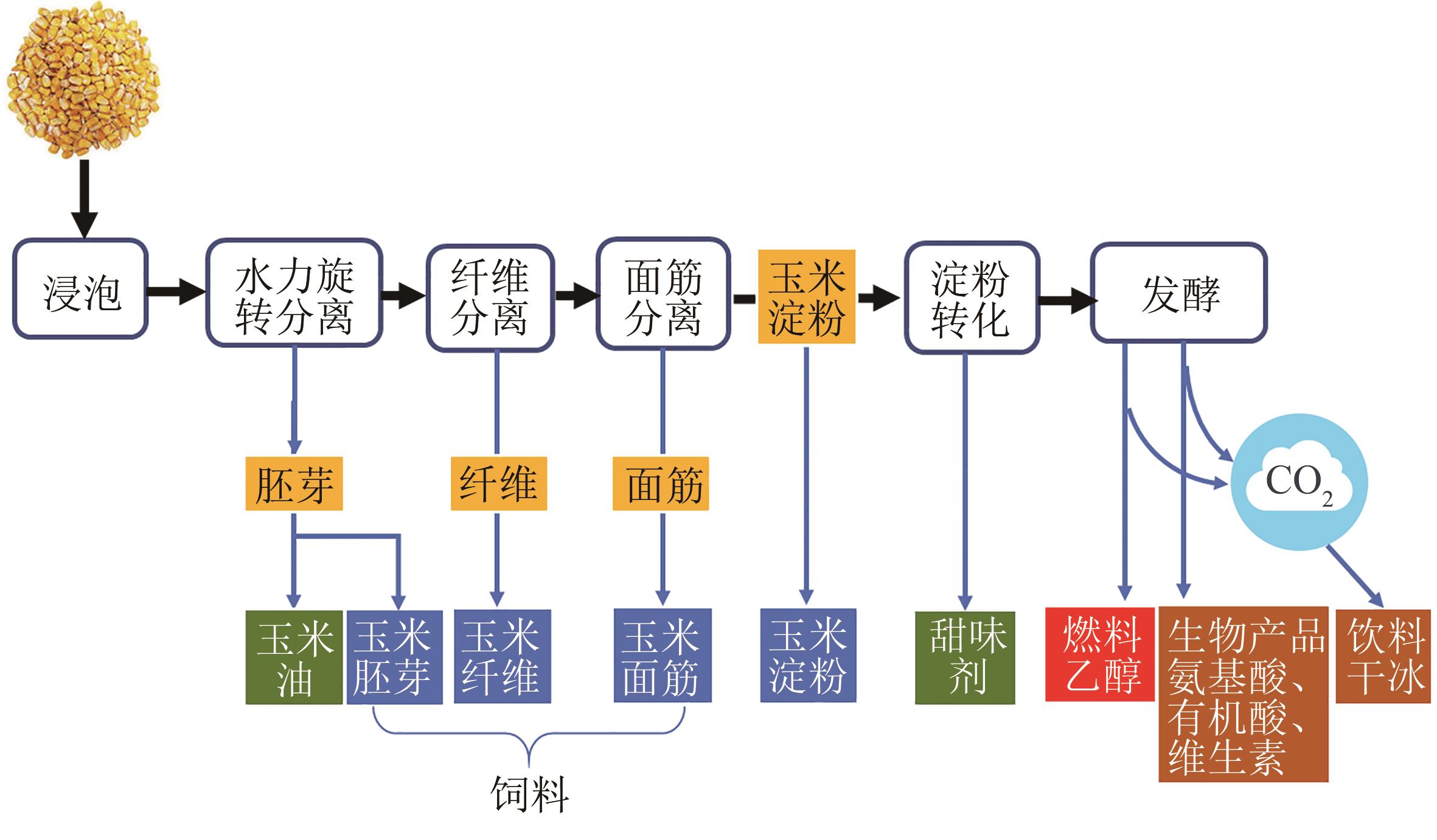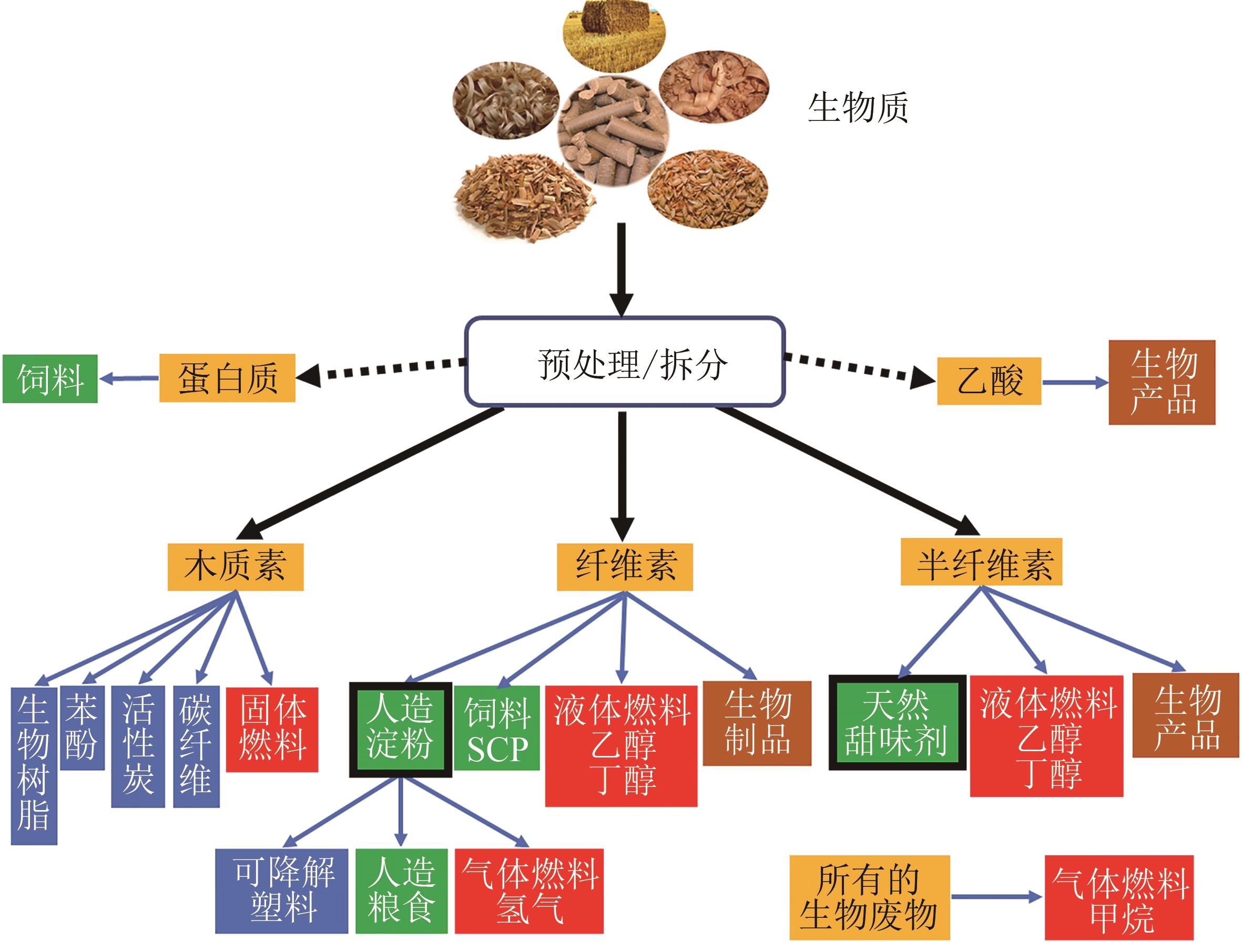| 1 |
AFEYAN N B, COONEY C L. Professor Wang Daniel I. C.: a legacy of education, innovation, publication, and leadership [J]. Biotechnology and Bioengineering, 2006, 95: 206-217.
|
| 2 |
WANG D I C. Cell recovery in single-cell protein [M]// MATELES R, TANNENBAUM S. Single cell protein. Cambridge, MA, USA: MIT Press, 1968.
|
| 3 |
WISE D L, WANG D I C, MATELLES R I. Increased oxygen mass transfer rates from single bubbles in microbial systems at low reynolds numbers [J]. Biotechnology and Bioengineering, 1969, 11: 647-681.
|
| 4 |
WANG D I C, SINSKEY A J. Collection of microbial cells [M]// PERLMAN D. Advances in applied microbiology. Cambridge, MA, USA: Academic Press, 1970: 121-152.
|
| 5 |
WANG D I C, SONOYAMA T, MATELES R I. Enzyme and bacteriophage concentration by membrane filtration[J]. Analytical Biochemistry, 1968, 26: 277-287.
|
| 6 |
WANG D I C. Protein from petroleum [J]. Chemical Engineering, 1968, 75: 99.
|
| 7 |
AFEYAN N B, WANG D I C. A study of cellulose hydrolysis by Clostridium thermocellum and its cellulase complex [C]// Proceedings of the Third World Congress Chemical Engineering. Tokyo, Japan: Contributors: Asian Pacific Confederation of Chemical Engineering, Interamerican Confederation of Chemical Engineering, European Federation of Chemical Engineering, 1986.
|
| 8 |
AVGERINOS G C, WANG D I C. Direct microbiological conversion of cellulosics to ethanol [M]// TSAO G T. Annual reports on fermentation processes. New York, NY, USA: Academic Press, 1980, 165-191.
|
| 9 |
SCHWARTZ R D, KELLER F A. Acetic acid production by Clostridium thermoaceticum in pH-controlled batch fermentations at acidic pH [J]. Applied and Environmental Microbiology, 1982, 43: 1385-1392.
|
| 10 |
AUGENSTEIN D C, SINSKEY A J, WANG D I C. Effect of shear on the death of two strains of mammalian tissue cells [J]. Biotechnology Bioengineering, 1971, 13: 409-418.
|
| 11 |
GIARD D J, THILLY W G, WANG D I C, et al. Virus production with a newly developed microcarrier system [J]. Applied and Environmental Microbiology, 1977, 34: 668-672.
|
| 12 |
XIE L Z. Stoichiometric medium design and nutritional control in fed-batch cultivation of animal cells [D]. Cambridge, MA USA: Massachusetts Institute of Technology, 1997.
|
| 13 |
AUNINS J G, WOODSON B A Jr, HALE T K, et al. Effects of paddle impeller geometry on power input and mass transfer in small-scale animal cell culture vessels [J]. Biotechnology and Bioengineering, 1989, 34: 1127-1132.
|
| 14 |
JUNKER B H, WANG D I C, HATTON T A. Fluorescence sensing of fermentation parameters using fiber optics [J]. Biotechnology and Bioengineering, 1988, 32: 55-63.
|
| 15 |
NESTAAS E, WANG D I C. Computer control of the penicillin fermentation using the filtration probe in conjunction with a structured process model [J]. Biotechnology and Bioengineering, 1983, 25: 781-796.
|
| 16 |
CROUGHAN M S, WANG D I C. Growth and death in overagitated microcarrier cell cultures [J]. Biotechnology and Bioengineering, 1989, 33: 731-744.
|
| 17 |
MEIER S J, HATTON T A, WANG D I C. Cell death from bursting bubbles: role of cell attachment to rising bubbles in sparged reactors [J]. Biotechnology and Bioengineering, 1999, 62: 468-478.
|
| 18 |
ZHANG Y-H P, SUN J, MA Y. Biomanufacturing: history and perspective [J]. Journal of Industrial Microbiology Biotechnology, 2017, 44: 773-784.
|
| 19 |
YOU C, CHEN H, MYUNG S, et al. Enzymatic transformation of nonfood biomass to starch [J]. Proceedings of the National Academy of Sciences of the United States of America, 2013, 110: 7182.
|
| 20 |
Renewable Fuels Association. Global ethanol production [OL]. .
|
| 21 |
WYMAN C E. What is (and is not) vital to advancing cellulosic ethanol [J]. Trends in Biotechnology, 2007, 25: 153-157.
|
| 22 |
KLEIN-MARCUSCHAMER D, OLESKOWICZ-POPIEL P, SIMMONS B A, et al. The challenge of enzyme cost in the production of lignocellulosic biofuels [J]. Biotechnology and Bioengineering, 2012, 109: 1083-1087.
|
| 23 |
ZHANG Y-H P, HIMMEL M, MIELENZ J R. Outlook for cellulase improvement: screening and selection strategies [J]. Biotechnology Advances, 2006, 24: 452-481.
|
| 24 |
ZHANG M, EDDY C, DEANDA K, et al. Metabolic engineering of a pentose metabolism pathway in ethanologenic Zymomonas mobilis [J]. Science, 1995, 267: 240-243.
|
| 25 |
HO N W Y, CHANG S-F. Cloning of yeast xylulokinase gene by complementation of E. coli and yeast mutations [J]. Enzyme and Microbical Technology, 1989, 11: 417-421.
|
| 26 |
LYND L R, WEIMER P J, VAN ZYL W H, et al. Microbial cellulose utilization: fundamentals and biotechnology [J]. Microbiology and Molecular Biology Reviews, 2002, 66: 506-577.
|
| 27 |
ZHANG Y-H P, LYND L R. Cellulose utilization by Clostridium thermocellum: bioenergetics and hydrolysis product assimilation [J]. Proceedings of the National Academy of Sciences of the United States of America, 2005, 102: 7321-7325.
|
| 28 |
LU Y, ZHANG Y-H P, LYND L R. Enzyme-microbe synergy during cellulose hydrolysis by Clostridium thermocellum [J]. Proceedings of the National Academy of Sciences of the United States of America, 2006, 103: 16165-16169.
|
| 29 |
ANTILA J, RAVANKO V, WALLIANDER P. Method of preparing L-arabinose from sugar beet pulp: US6506897B1[P]. 1997.
|
| 30 |
LANASPA M A, ISHIMOTO T, LI N, et al. Endogenous fructose production and metabolism in the liver contributes to the development of metabolic syndrome [J]. Nature Communications, 2013, 4: 2434.
|
| 31 |
MULLEE A, ROMAGUERA D, PEARSON-STUTTARD J, et al. Association between soft drink consumption and mortality in 10 European countries [J]. JAMA Internal Medecine, 2019, 179(11): 1479-1490.
|
| 32 |
HE Y, ZHANG J, BAO J. Dry dilute acid pretreatment by co-currently feeding of corn stover feedstock and dilute acid solution without impregnation [J]. Bioresource Technology, 2014, 158: 360-364.
|
| 33 |
ATSUMI S, HANAI T, LIAO J C. Non-fermentative pathways for synthesis of branched-chain higher alcohols as biofuels [J]. Nature, 2008, 451: 86-89.
|
| 34 |
张以恒, 周伟. D-木酮糖4-差向异构酶、其突变体及其用途: CN113122528A[P]. 2021.
|
|
ZHANG Y H, ZHOU W. D-xylulose 4-epimerases, their mutants and their applications: CN113122528A[P]. 2021.
|
| 35 |
YANG S-J, KATAEVA I, et al. Efficient degradation of lignocellulosic plant biomass, without pretreatment by the thermophilic anaerobe Anaerocellum thermophilum DSM 6725 [J]. Applied and Environmental Microbiology, 2009, 75: 4762-4769.
|
| 36 |
CHOI C. Could wood feed the world [EB/OL]? Science. 2013-4-15. .
|
| 37 |
ZHANG Y-H P, HUANG W-D. Constructing the electricity-carbohydrate-hydrogen cycle for a sustainability revolution [J]. Trends in Biotechnology, 2012, 30: 301-306.
|
| 38 |
STOKSTAD E. Will malthus continue to be wrong [J]. Science, 2005, 309: 102.
|
| 39 |
CHEN H-G, ZHANG Y-H P. New biorefineries and sustainable agriculture: increased food, biofuels, and ecosystem security [J]. Renewable and Sustainable Energy Reviews, 2015, 47: 117-132.
|
| 40 |
ZHANG Y-H P. Production of biocommodities and bioelectricity by cell-free synthetic enzymatic pathway biotransformations: challenges and opportunities [J]. Biotechnology and Bioengineering, 2010, 105: 663-677.
|
| 41 |
ZHANG Y-H P. Simpler is better: high-yield and potential low-cost biofuels production through cell-free synthetic pathway biotransformation (SyPaB) [J]. ACS Catalysis, 2011, 1: 998-1009.
|
| 42 |
ZHANG Y-H P, MYUNG S, YOU C, et al. Toward low-cost biomanufacturing through cell-free synthetic biology: bottom-up design [J]. Journal of Material Chemistry, 2011, 21: 18877-18886.
|
| 43 |
ROLLIN J A, TAM W, ZHANG Y-H P. New biotechnology paradigm: cell-free biosystems for biomanufacturing [J]. Green Chemistry, 2013, 15: 1708-1719.
|
| 44 |
ZHANG Y-H P. Production of biofuels and biochemicals by in vitro synthetic biosystems: opportunities and challenges [J]. Biotechnology Advances, 2015, 33: 1467-1483.
|
| 45 |
ZHANG Y-H P, EVANS B R, MIELENZ J R, et al. High-yield hydrogen production from starch and water by a synthetic enzymatic pathway [J]. PLoS One, 2007, 2(5): e456.
|
| 46 |
KIM J-E, KIM E-J, CHEN H, et al. Advanced water splitting for green hydrogen gas production through complete oxidation of starch by in vitro metabolic engineering [J]. Metabolic Engineering, 2017, 44: 246-252.
|
| 47 |
ZHU Z G, TAM T K, SUN F F, et al. A high-energy-density sugar biobattery based on a synthetic enzymatic pathway [J]. Nature Communications, 2014, 5: 3026.
|
| 48 |
ZHONG C, YOU C, WEI P, et al. Thermal cycling cascade biocatalysis of myo-inositol synthesis from sucrose [J]. ACS Catalysis, 2017, 7: 5992-5999.
|
| 49 |
KIM E-J, KIM J-E, ZHANG Y-H P J, et al. Ultra-rapid rates of water splitting for biohydrogen gas production through in vitro artificial enzymatic pathways [J]. Energy and Environmental Sciences, 2018, 11: 2064-2072.
|
| 50 |
HUANG R, CHEN H, UPP D M, et al. A high-throughput method for directed evolution of NAD(P)+-dependent dehydrogenases for the reduction of biomimetic nicotinamide analogues [J]. ACS Catalysis, 2019, 9: 11709-11719.
|


